Before you book an appointment with a dentist for dental implant surgery, you should know the value and the cost of dental implants. You might be surprised how affordable dental implants are compared to other tooth replacement options, especially when you take into account long-term cost effectiveness and quality of life. Continue reading to learn more.
Cost of Dental Implant Depend On…
The dental implants cost will depend on several different factors to prepare your mouth for the implants. They are,
- The number implants
- The number and additional procedures
- Where they’re located
- The type of implants
- Number of teeth needs replacing
If someone quotes you the exact price for dental implants without examining you, be wary. Since, dental implant treatments are customized for your specific needs, the costs vary accordingly. An evaluation by an experienced dental implant expert is the best way to ensure that you are getting an accurate cost estimate for quality work.
True Cost of Dental Implant and Traditional Bridges
At first glance, dentures or removable bridges will seem to be much less expensive than dental implants, and show their lower upfront costs. However, the truth is the full cost of both financial and emotional options will run much higher than dental implants, for many reasons. Wondering how? Here we have listed the reasons,
The Health Costs
Without an implant or tooth, your jawbone will begin to deteriorate, which can change your facial appearance and makes you look aged.
The Convenience Costs
Unlike your dental implants or natural teeth, you need to remove your dentures to soak and brush them, which can be a time-consuming hassle.
Initial Costs Versus Total Costs
The initial cost you used to pay for your treatment doesn’t include the cost of replacing your bridges or dentures, which may be necessary as often as every 5 to 15 years. It also doesn’t include the ongoing maintenance costs, such as fixatives and adhesives.
Payment Options and Insurance Coverage
Many implant dentists offer financing and payment options to make dental implants even more affordable, so be sure to ask what plans your dentist offers. By recognizing the long-term benefits of dental implants over other tooth replacement options, an increasing number of insurance companies have started to provide some coverage.
Final Recap
Over the long term, from a purely financial perspective, cost of dental implants is competitive with other tooth replacement options. In addition, when you factor in quality of life and long-term oral health, dental implants clearly rank as the higher-value alternative.

 If you have just received a dental implant or planning to get one, you should quit smoking, as it increases the risk of dental implant failure. The majority of the past and current researches implicate smoking as one of the prominent risk factors affecting the success rate of dental implants. Also, most of the studies report that the failure rate of
If you have just received a dental implant or planning to get one, you should quit smoking, as it increases the risk of dental implant failure. The majority of the past and current researches implicate smoking as one of the prominent risk factors affecting the success rate of dental implants. Also, most of the studies report that the failure rate of 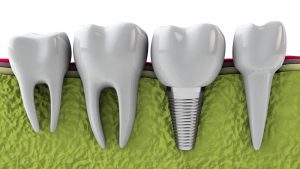 According to the Australian Institute of Health and Welfare, the average Australian adult is missing around five teeth. However, tooth loss is common, and it can happen as a result of trauma and disease. But, it doesn’t mean that you have to spend the rest of your life with missing teeth.
According to the Australian Institute of Health and Welfare, the average Australian adult is missing around five teeth. However, tooth loss is common, and it can happen as a result of trauma and disease. But, it doesn’t mean that you have to spend the rest of your life with missing teeth.  Dental implants have incredible longevity due to the material they are made from. Yes, dental implants are made from a titanium material, and several clinical research show that the survival rate is high compared to other teeth replacement options. Moreover, with advancement in dental technologies, complex dental procedures like dental implants have become less invasive, affordable, quick recovery and a painless procedure.
Dental implants have incredible longevity due to the material they are made from. Yes, dental implants are made from a titanium material, and several clinical research show that the survival rate is high compared to other teeth replacement options. Moreover, with advancement in dental technologies, complex dental procedures like dental implants have become less invasive, affordable, quick recovery and a painless procedure. 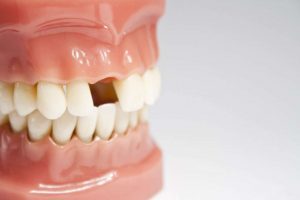 A missing tooth can be painful, embarrassing, and lead to several oral issues. Unrivalled in durability and strength, the dental implants help restore the look and function of a missing tooth.
A missing tooth can be painful, embarrassing, and lead to several oral issues. Unrivalled in durability and strength, the dental implants help restore the look and function of a missing tooth. 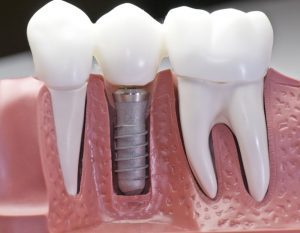 Missing teeth can make eating and speaking challenging and affects your confidence as well. If you are missing one or more teeth, dental implants are an ideal solution. However, in order to qualify for the treatment, you must have sufficient jawbone to support the implant posts.
Missing teeth can make eating and speaking challenging and affects your confidence as well. If you are missing one or more teeth, dental implants are an ideal solution. However, in order to qualify for the treatment, you must have sufficient jawbone to support the implant posts.  Dental implant technology was introduced four decades ago which has changed the dental industry. Though much of the concept remains the same, advancements have been made to bioengineering concepts and the way in which dentists can assess and prepare the implant site. Such technological advances include imaging enhancements, improvements in implant design and surgical innovations.
Dental implant technology was introduced four decades ago which has changed the dental industry. Though much of the concept remains the same, advancements have been made to bioengineering concepts and the way in which dentists can assess and prepare the implant site. Such technological advances include imaging enhancements, improvements in implant design and surgical innovations. 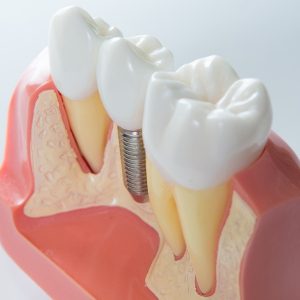 Missing teeth have a significant impact on the appearance of the smile as well as functionality. It can also affect your self-confidence. Dental implants and bridges are the two solutions that dental professionals use to address these problems.
Missing teeth have a significant impact on the appearance of the smile as well as functionality. It can also affect your self-confidence. Dental implants and bridges are the two solutions that dental professionals use to address these problems. 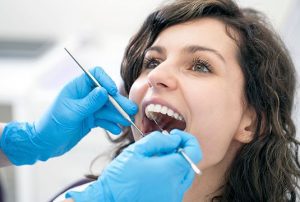 Is your smile empty with a lost tooth? Never mind, dental implants is at your help. They are just tiny posts, which is fixed in the place of a missed tooth. Here are some essential guidelines to follow before and after the treatment which helps in the long-lasting performance. Studies reveal that the
Is your smile empty with a lost tooth? Never mind, dental implants is at your help. They are just tiny posts, which is fixed in the place of a missed tooth. Here are some essential guidelines to follow before and after the treatment which helps in the long-lasting performance. Studies reveal that the 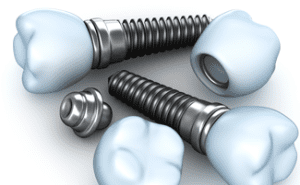 Dental implant is a procedure, which replaces your tooth roots using fixture, abutment & prosthesis to restore your missing tooth with the artificial teeth. Such teeth will function and looks like your real one. Dental implant surgery will be performed depending on the type of implant you need and the health condition of your jawbone. The main benefit of having
Dental implant is a procedure, which replaces your tooth roots using fixture, abutment & prosthesis to restore your missing tooth with the artificial teeth. Such teeth will function and looks like your real one. Dental implant surgery will be performed depending on the type of implant you need and the health condition of your jawbone. The main benefit of having